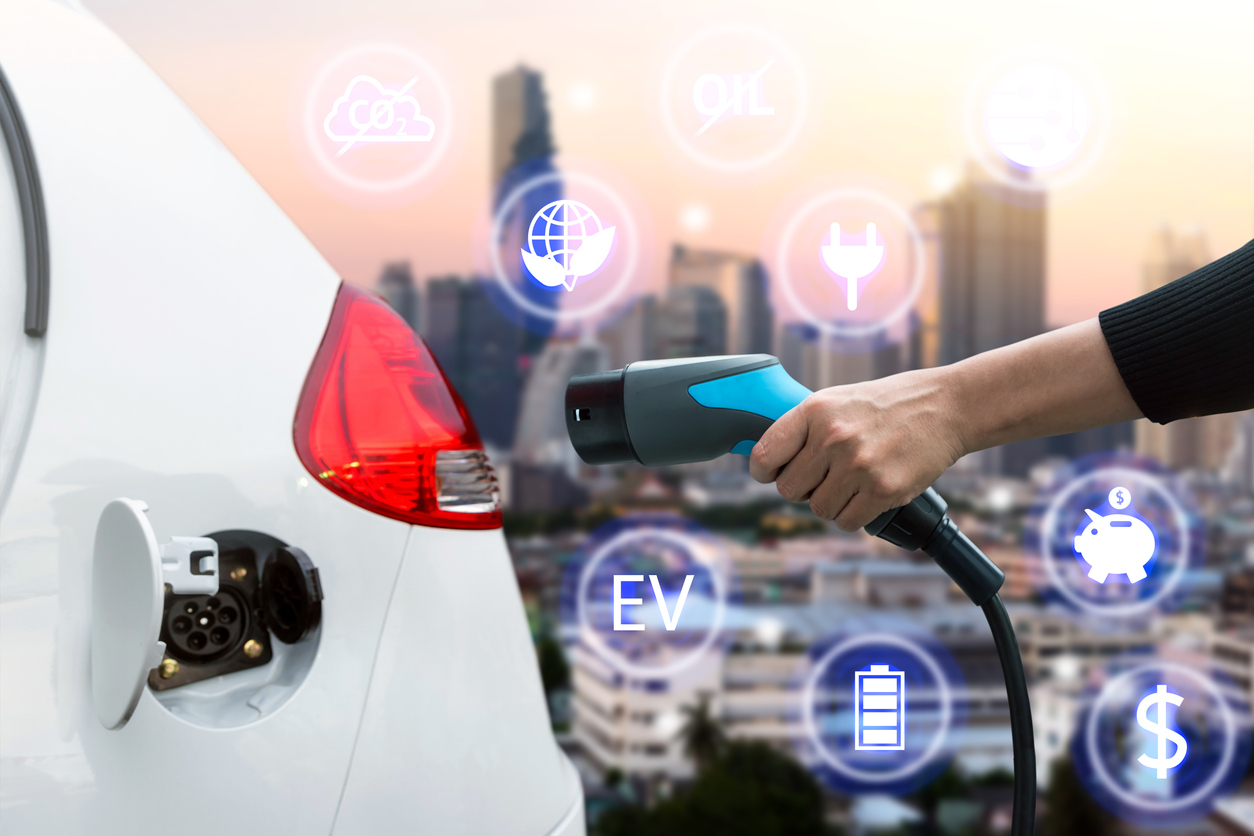
May 23, 2023
This is the first time in a decade to allocate capex of such measures
Carmakers indicate a capacity creation target of approximately 2 million EVs, which would bring the cumulative installed capacity to around 7.2-7.5 million units by 2030
The penetration of EVs in India's passenger car segment is projected to reach 25-30% by 2030
Preliminary plans of carmakers indicate a capacity creation target of approximately 2 million EVs

Automakers in India are set to invest nearly US$ 10 billion by the end of the decade to establish infrastructure for manufacturing electric vehicles (EVs), according to data compiled by ETIntelligence Group (ETIG).
This move aligns with the global trend towards electrification in the automotive industry and is encouraged by the government’s push to transition from internal combustion engines to battery-operated vehicles.
The capital expenditure will involve constructing green field plants dedicated to EV production, investing in battery plants to manufacture batteries from the cell level, and establishing supportive grid charging infrastructure. Experts said that this is the first time in a decade to allocate capex of such measures, and will be the first critical milestone if India has to become a US$ 5 trillion economy.
Preliminary plans of carmakers indicate a capacity creation target of approximately 2 million EVs, which would bring the cumulative installed capacity to around 7.2-7.5 million units by 2030. Meanwhile, two-wheeler manufacturers are aiming to create an EV capacity of 15.5 million units, which is equivalent to nearly two-thirds of the cumulative installed capacity of internal combustion engine (ICE) powered two-wheelers.
With existing companies expanding their capacities and several new carmakers entering the market in 2025, the penetration of EVs in India’s passenger car segment is projected to reach 25-30% by 2030. The advancement in battery density is anticipated to alleviate range anxiety and drive wider adoption of electric cars.
Source: Economic Times